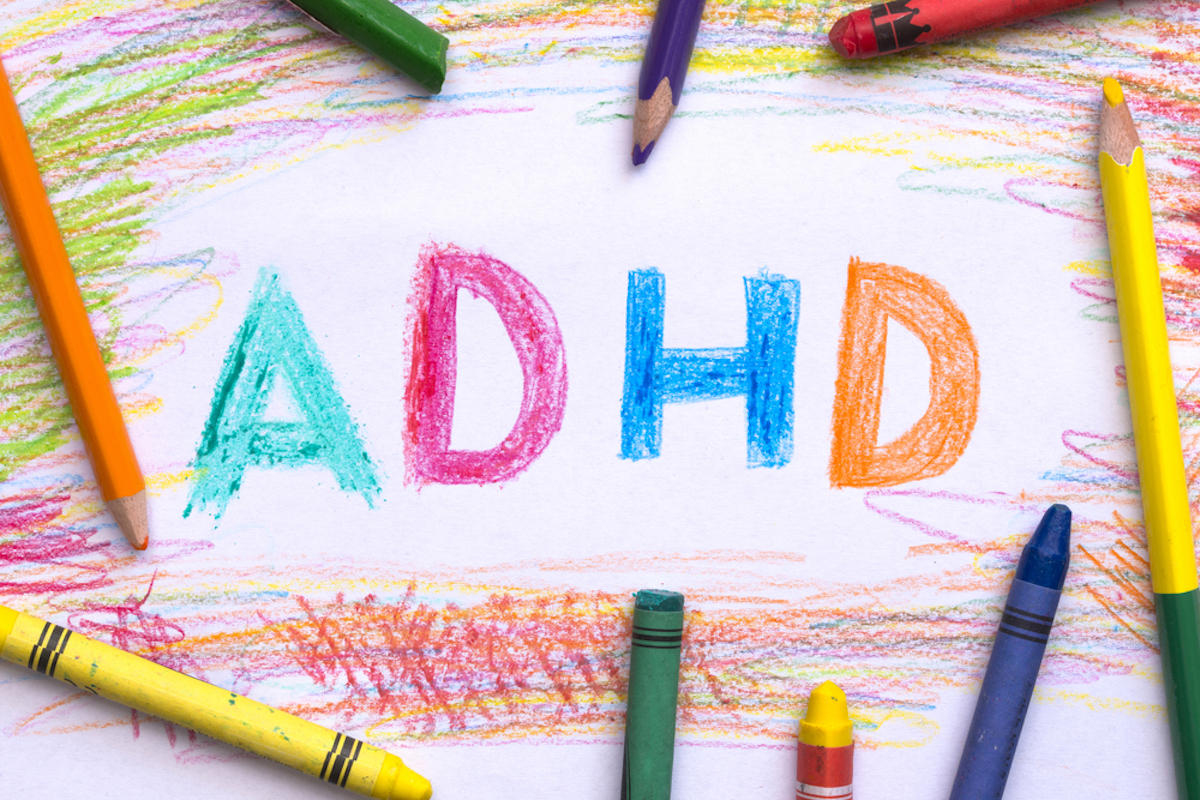Attention Deficit Hyperactivity Disorder, better known as ADHD, is the most common mental health disorder affecting (young) children. About 5% of the children in our country are affected by the disorder, which can make their lives pretty hard. Especially if the child doesn’t know why he or she had such a hard time. ADHD, being a common mental health disorder among children, doesn’t mean you grow out of it at a later age.

Sometimes, the diagnosis is not made until much later in life – think as an adult. Most patients wish they would have been diagnosed much sooner because, with the proper treatment, ADHD patients can live wonderful life. Unfortunately, diagnosing Attention Deficit Hyperactivity Disorder can be quite hard, which is why it’s good to know what the difference is between a child with behavioral issues and a child suffering from ADHD, and how you can recognize the mental health disorder.
Causes & Types of ADHD
The main cause of Attention Deficit Hyperactivity Disorder is still unknown, but scientists do know that genetics play a big part in if a child gets ADHD or not. Additionally, we know that a number of risk factors increase the likelihood of ADHD in a child. So ADHD in a child can have a variety of reasons, and often it is hard to really tell if something is really the reason or if it is a confluence of circumstances. The risk factors of Attention Deficit Hyperactivity Disorder are:
- Brain injuries
- Exposure to environmental risk during pregnancy
- Drinking alcohol and smoking during pregnancy
- Premature delivery
- Low birth weight
There are 3 types of ADHD. They are called predominantly inattentive presentation, predominantly hyperactive/impulsive presentation, and combined presentation; all types have their own symptoms and over time this too can change. It may very well be that as a child you suffered from combined presentation, but as an adult, you only exhibited the symptoms of one of the other 2 types. Of course, the big questions remain, how can you recognize ADHD in a child? When should you contact your professional healthcare provider? And is ADHD treatable – or perhaps even curable? Continue reading on the next page and find out.

